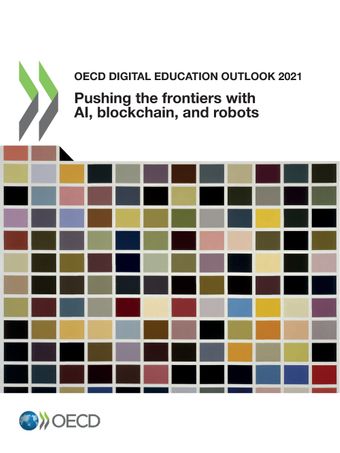Some recommendations:
• Smart technologies are human-AI hybrid systems. Engaging users in their design, putting people in control of important decisions, and transparently negotiating with society about their use is key to making them both useful and socially acceptable.
• Smart technologies support people in many different ways without being perfect. Transparency about how accurate they are when measuring, diagnosing, or acting is an important requirement. Its boundaries should be compared to the boundaries of people performing similar tasks.
• More evidence should be funded on the effective pedagogical use of smart technologies in and outside the classroom, as well as on their use for system administration purposes, without focusing solely on the technology.
• The introduction of smart technologies depends on sound data protection and privacy regulations based on a risk assessment, but also on ethical considerations in the absence of regulation. For example, there is growing concern about the fairness of algorithms.
• Smart technologies come at a price, and cost-benefit analyses should guide their introduction. Policymakers should also encourage the development of technologies that are affordable and sustainable through open standards and interoperability.
